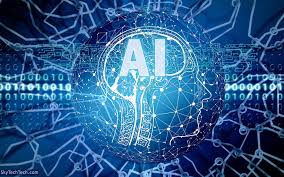UN Report: Artificial Intelligence May Widen Global Disparities Despite Its Massive Economic Value
April 4, 2025160 VisitasTiempo de lectura: 2 minutos

Tamaño de fuente
16
According to a report by the United Nations Conference on Trade and Development (UNCTAD), the market value of artificial intelligence is expected to exceed $4.8 trillion by 2033, approaching the size of the German economy. The organization warned that the benefits of this technology are still limited to a few countries and large companies, threatening to deepen global economic and digital divides. The report highlighted the potential of AI in enhancing productivity and digital transformation, while also pointing out its potential negative impact on the job market, with around 40% of jobs worldwide being affected by the repercussions of this technology. The report also cautioned that increasing reliance on automation could exacerbate inequality, favoring employers over labor, especially in developing countries that rely on low-cost labor. These warnings align with previous reports from international organizations such as the IMF and the World Economic Forum, which indicated that 41% of companies are considering laying off employees in automatable jobs. The report revealed that 40% of global spending on AI research is concentrated in just 100 companies, mostly American and Chinese, with the market value of companies like Apple, Nvidia, and Microsoft surpassing the entire GDP of Africa. UNCTAD expressed concern about the exclusion of 118 countries, mostly from the Global South, from global governance dialogues related to AI. The report called for fair international cooperation, emphasizing that AI can create new job opportunities and innovative economic sectors, provided there are sufficient investments in training and re-skilling the workforce. The organization urged ensuring the participation of developing countries in shaping policies related to this technology, proposing measures such as enhancing transparency in AI applications, providing shared infrastructure, and adopting open-source models. The report concluded by affirming that "AI can be a tool for shared development, but this requires comprehensive governance, strategic investments, and international cooperation to ensure a fair distribution of its benefits and avoid exacerbating existing disparities."